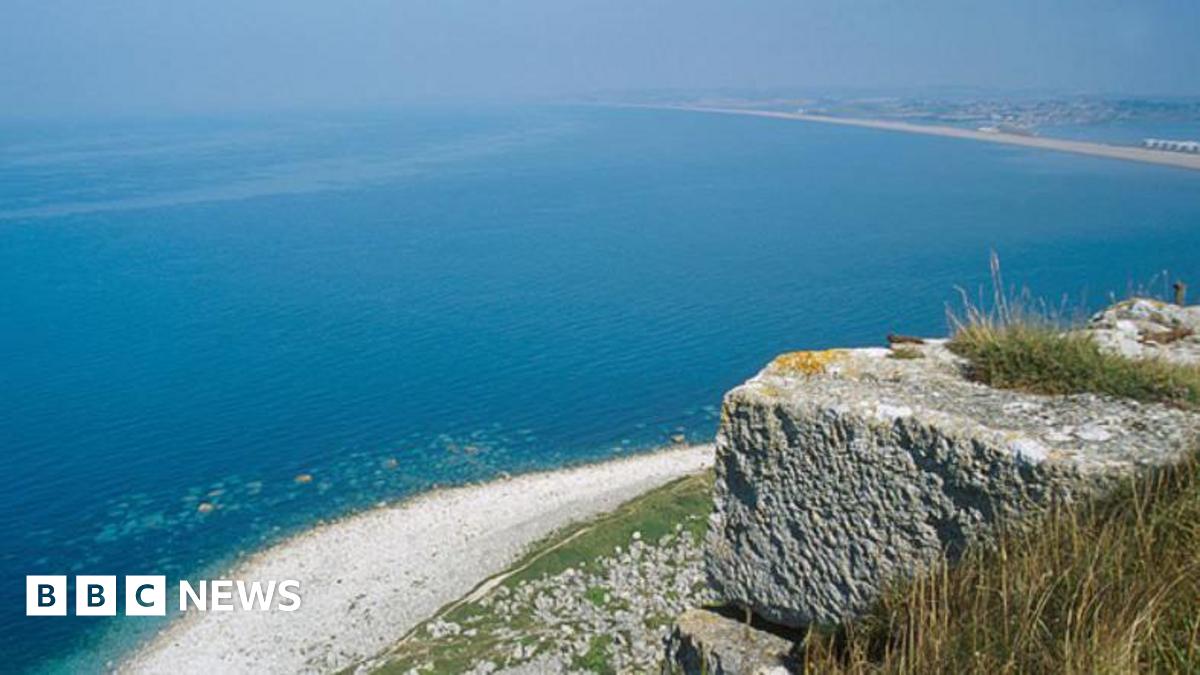Dr Sheehan said large areas of the bay had already been “heavily degraded” by 2008.
“[MPAs] tried to prevent the most destructive fishing methods so the seabed habitats that are so important for conservation and fisheries can be protected,” she continued.
Dr Sheehan said species including scallops, conga eel and black sea bream and appeared to have benefited from the ban.
“We keep seeing positive change, year on year.
“We still haven’t go a plateau in the recovery. We’re nowhere near there – it’s still recovering, year on year.”
The government’s plan would see similar protections extended to 41 of England’s 181 MPAs.
“It needs to happen – I’m in full support of this and it will have huge positive benefits for our marine environment,” Dr Sheehan said.
The UK’s National Federation of Fishermen’s Organisations has opposed the move to ban bottom trawling.
Chief executive Mike Cohen previously said: “Trawling does not damage most of the seabed.
“Trawls penetrate the sediment very little, if at all, in most areas and trawling has been carried out for well over 100 years,” he said.
A 12-week consultation will run until 1 September and will seek the views of the marine and fishing industry.
